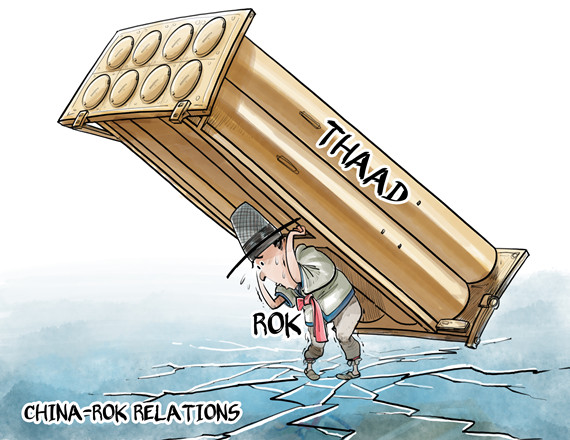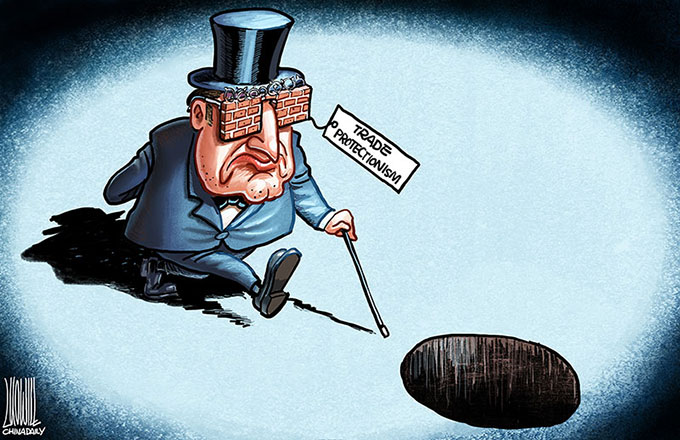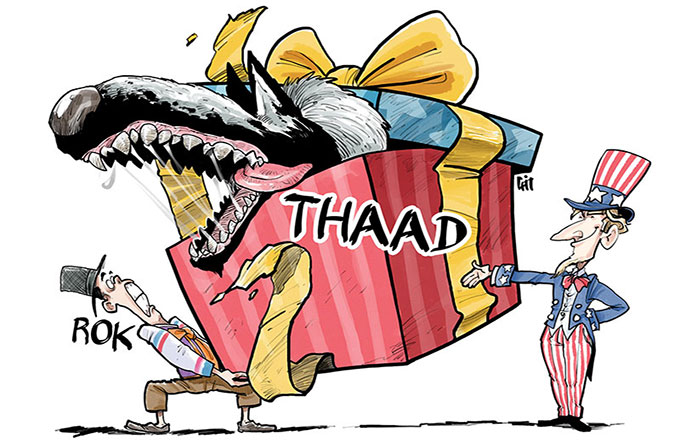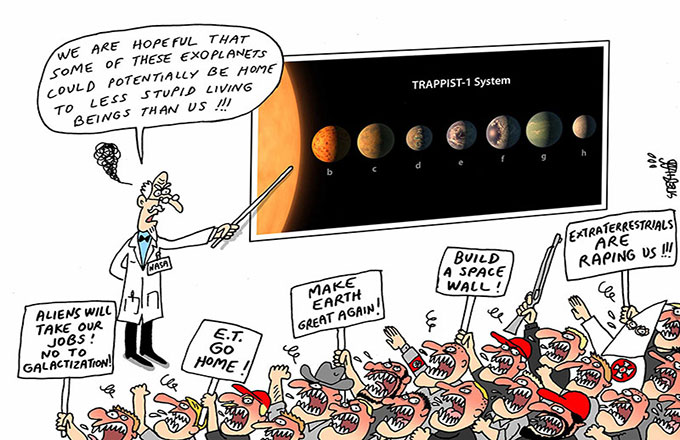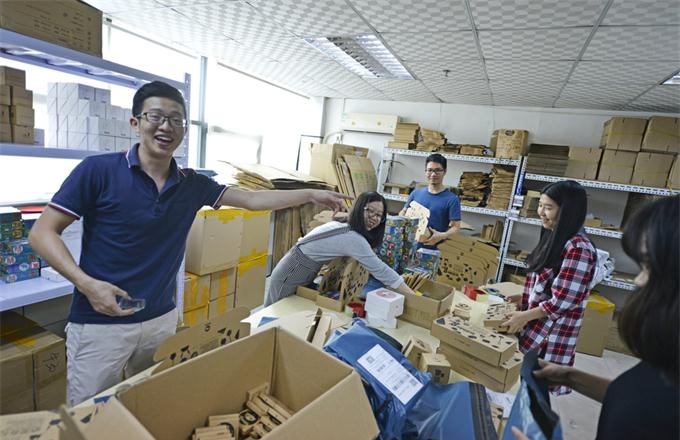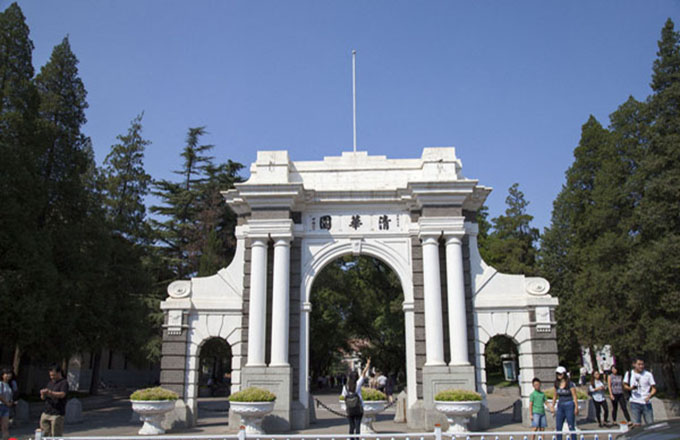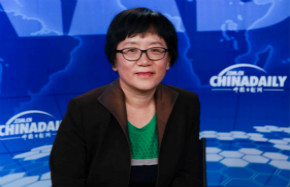Two sessions: Political advisor unlocks mystery of effective proposals
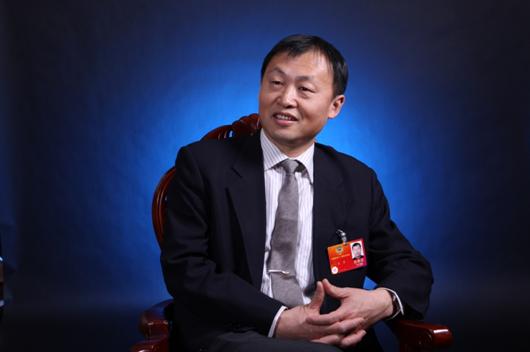 |
|
Wang Ming, member of the Chinese People's Political Consultative Conference from Tsinghua University. [Photo provided to chinadaily.com.cn] |
Every member of the Chinese People's Political Consultative Conference (CPPCC) strongly expects proposal formulation to be involved in policy making. However we should also pay attention to its effect on society, according to Wang Ming, director of NGO Research Center with Tsinghua University, during an exclusive interview with China Daily website.
Wang has been a CPPCC member for 15 years and has submitted over 120 proposals during his tenure.
"I didn't know how to be a good political advisor in the early days but gradually I adjusted to the position and now almost turned it into my profession," Wang added.
It has been reported that in the past two decades the proposals from national political advisors have tripled, up to around 6,000 a year.
"Generally, I would upload all my proposals to my blog and explain them to reporters as much as possible during the national conference," Wang said.
Most of proposals from national CPPCC members would get responses from related executive agencies of governments. Some suggestions are converted into articles of regulations or laws.
"Apart from involving policy making, proposals could also affect public opinions and thus set up consensus over specific issues under the support of media," the adviser concluded. "For me, this is a very important role, yet it's prone to be neglected by us."
According to Wang, around 10 percent of his proposals in the past 15 years have been taken into policy formulation and some came into force, like the second-child policy, abolishing social compensation fees and reforming the information closure system of charitable solicitation.
"CPPCC members naturally have the responsibility to care for people's needs, given the essence of this position is a political identity," Wang emphasized.
The fifth session of the 12th National Committee of the CPPCC will begin on March 3. It is part of the annual "two sessions", which also includes the National People's Congress, the highest organ of State power.
"Over the years I've also struggled to learn how to make a good proposal. For now, I would say that I'm able to confidently combine policy suggestions with my research work. Maybe one day, we should make proposal delivering an individual profession," Wang summarized.
- Quality key for CPPCC proposals
- Young Xinhua journalists interview CPPCC members
- CPPCC Wuxi committee commences
- Review session with Jilin NPC deputies and CPPCC members
- Jilin provincial CPPCC concludes in Changchun
- CPPCC session kicks off in Jilin
- Inner Mongolia convenes 5th plenary session of 11th regional CPPCC





